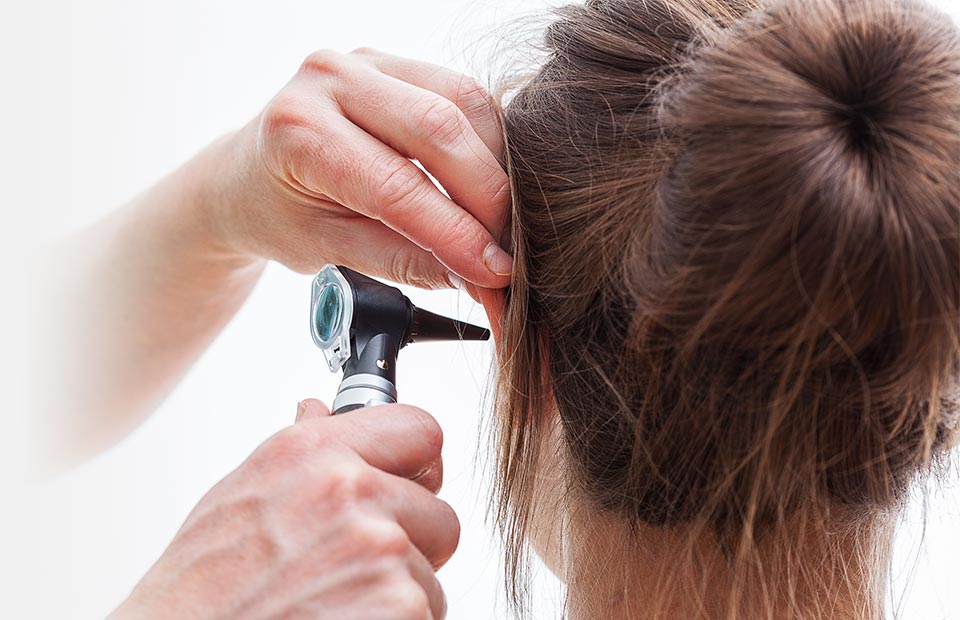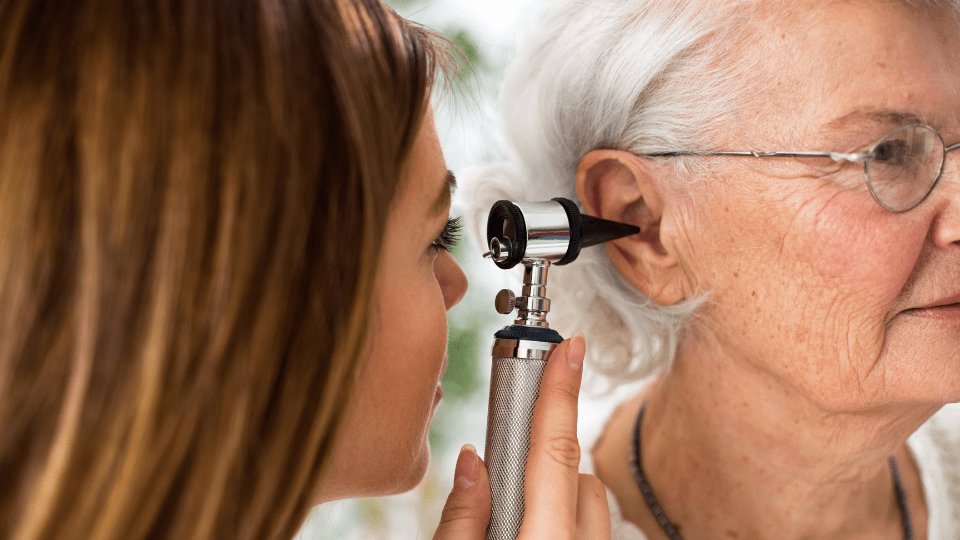Ear Wax Management
While it may be tempting to clean ear wax from your ears, the age-old saying “Don’t stick anything smaller than your elbow in your ear” holds some truth! Ear wax production is a natural and normal part of a healthy ear. Glands within the ear canal produce ear wax to lubricate the canal, repel water, and keep the ear free of dirt, debris, and germs. In most cases, the ear is self-cleaning, and ear wax does not need to be manually removed. Over time, ear wax slowly moves toward the opening of the ear canal, where it dries and falls away naturally.
However, for some people, ear wax can build up excessively. This could lead to discomfort, infection, perception of tinnitus (ringing in the ears) or temporary hearing loss. It can also cause problems for hearing aid users, as blockages may interfere with hearing aid function. Every ear canal is different, and you may be more prone to ear wax build-up depending on the size and shape of your canals. Other considerations are the environments you spend time in (e.g. dusty workplaces), or the regular use of earplugs or hearing aids.
What Not to Do if You Have Concerns About Ear Wax?
If you are concerned about ear wax, avoid trying to remove it yourself using foreign objects. Items such as cotton buds or hairpins can push ear wax deeper into the canal, or risk injury to the eardrum. They could also scratch the delicate skin of the ear canal, increasing the chance of irritation and infection. Ear candles are also not recommended, as they are ineffective for ear wax removal and can cause burns or other injuries.
If You Have Concerns About Ear Wax
Instead, seek advice from a hearing care professional. They may recommend using ear wax softening drops, which help the ear wax exit the ear canal more easily over time. Your hearing care professional may be able to remove the ear wax using a light and curette (a specialised removal tool) or a specialised suction process.
Ear wax plays an important role in protecting and maintaining healthy ears and in most cases, it doesn’t need to be removed. However, if excessive build-up does occur, it’s important to manage it safely and under the guidance of a hearing health professional.
Not all ear blockages are the same — that’s why at Audika, our qualified hearing care professionals take the time to assess your ears before recommending treatment. If ear wax is the cause, we can provide safer, expert ear cleaning using professional techniques tailored to your needs. If you need assistance with your ear care, call us on 1800 340 631 or book online here.



